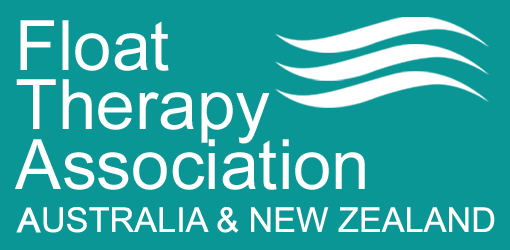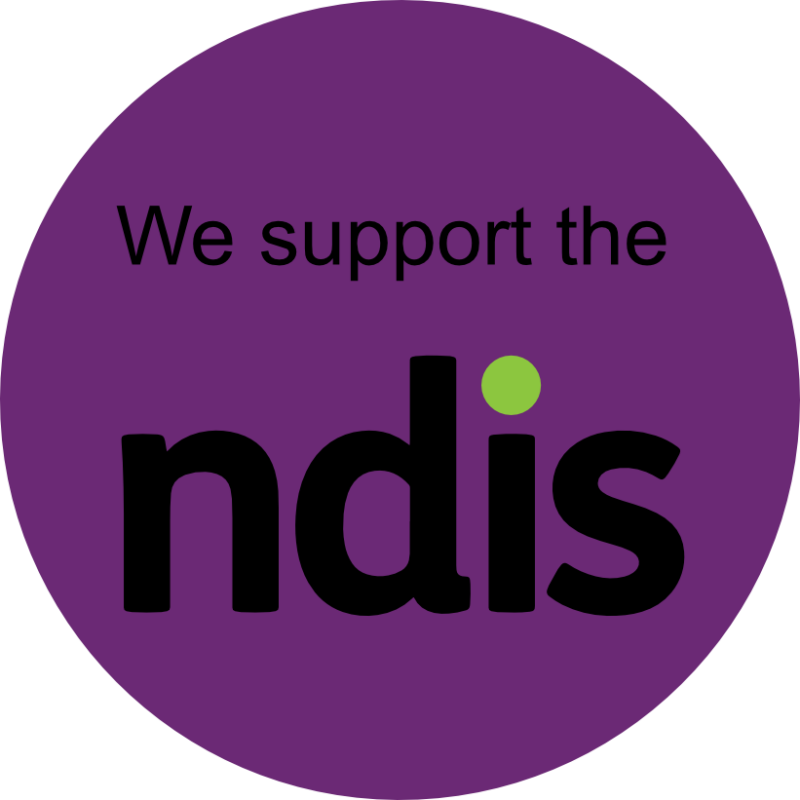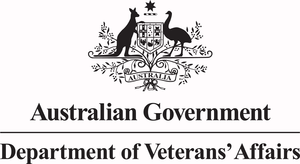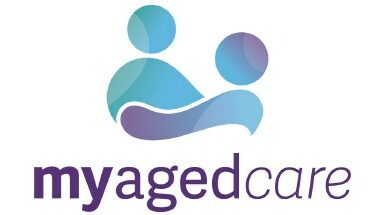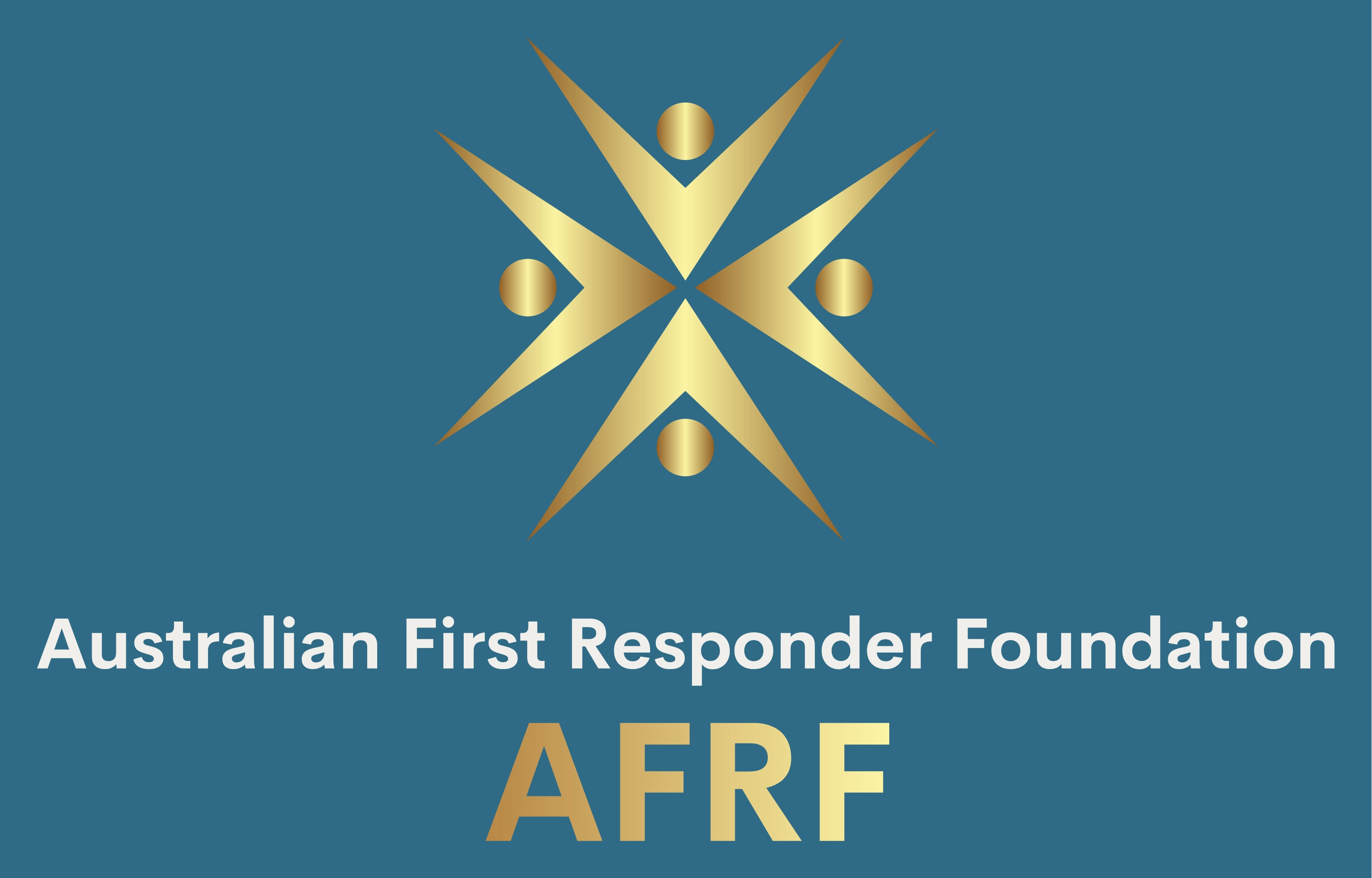fUNDING SCHEMES
Float Centres provide innovative holistic therapies that support your wellbeing. Their focus is to inspire and empower you to achieve optimal mental and physical health to live the best life possible.
Look up the centre closest to you on Float Finder. Make a booking to experience the incredible therapeutic benefits it will have for your health.
If you are involved with one of the following funds you may be eligible to claim our services through your scheme.
Read on to find out more
VETERAN AFFAIRS
Veteran Gold and White Card holders may be able to have Floatation Therapy funded for physical needs or mental health support. Speak to your case manager if you are eligible for an occupational therapist referral or GP referral to include floatation therapy in your wellness plan for pain management or mental health support.
You have served the nation, now we want to serve and recognise you.

NDIS
As the Floatation Therapy Association, we are proud to represent an increasing number of Float Centres that are registered NDIS providers under Capacity Building – ‘Innovative Community Participation.’ Our member centres are dedicated to assisting and supporting NDIS participants by offering services that promote non-medicated injury recovery, pain management, inflammation relief, muscle recovery, and support for mental health challenges such as PTSD, stress, anxiety, depression, and sleep improvement. Float therapy may also assist with overwhelmed nervous systems and adrenals.
Have a chat with your support coordination to clarify if your condition qualifies for this therapy.
Floatation therapy offers unique and significant benefits for individuals with disabilities, helping them achieve their therapeutic goals in a supportive and restorative environment. Key benefits include:
- Sensory Processing Support: For participants with sensory processing difficulties, floatation therapy provides a tranquil, low-stimulus environment that aids in reducing overstimulation and promotes sensory regulation. This is especially beneficial for individuals with autism, ADHD, or other sensory challenges.
- Mental Health and Stress Management: Floatation therapy is widely recognised for its capacity to reduce stress and anxiety. Participants facing mental health conditions, such as PTSD, depression, or anxiety, often find that floatation therapy fosters improved emotional regulation and relaxation, contributing to their overall well-being and independence.
- Chronic Pain and Inflammation Relief: Floatation therapy provides essential relief for individuals suffering from chronic pain and inflammatory conditions. The buoyant, weightless environment alleviates pressure on joints and muscles, helping to reduce pain and inflammation associated with conditions like fibromyalgia, arthritis, and other musculoskeletal disorders.
- Physical Relaxation and Recovery: For individuals with limited mobility or physical disabilities, the reduced-gravity environment of floatation therapy promotes deep relaxation and recovery. This can be particularly effective for those experiencing muscle tension, stiffness, or fatigue.
Clinical Evidence for Floatation Therapy
Numerous clinical studies support the positive outcomes associated with floatation therapy. For up-to-date research and benefits, we encourage you to explore the link to Clinical Floatation. NDIS clients have discovered that floatation therapy, along with infrared sauna and massage therapy, effectively manages ongoing ailments and facilitates rehabilitation from injuries. Our services are complementary to other allied health therapies, including hydrotherapy, chiropractic care, physiotherapy, osteopathy, and massage therapy.

WORKERS COMPENSATION
If you are currently receiving workcover support, consider Floatation Therapy in your rehabilitation. Speak to your claims manager to include Floatation Therapy in your recovery plan. Our services are specific in assisting with pain management, stress relief, anxiety, PTSD, sleep improvement and inflammation.
Safe Work Australia is an Australian Government statutory agency with the primary responsibility to improve work health and safety and workers’ compensation arrangements across Australia. Each state is responsible for implementing and actioning worker’s compensation, each has their own name and brand i.e. Worksafe Victoria, Worksafe Tasmania, Worksafe ACT, Worksafe Queensland, NT Worksafe, Safework NSW, Safework SA, Department of Mines, Industry Regulation and Safety (WA).
In New Zealand the Accident Compensation Corporation (ACC) is the New Zealand Crown entity responsible for administering the country’s no-fault accidental injury compensation scheme. The scheme provides financial compensation and support to citizens, residents, and temporary visitors who have suffered personal injuries. Clients who are subject to an ACC claim should have the conversation of float therapy being part of their rehabilitation / recovery plan with their account manager.

AGED CARE
My Aged Care could fund Floatation Therapy services as part of your My Aged Care plan. We offer services that support non-medicated pain management, inflammation relief, stress, anxiety, depression and sleep improvement.
Clinical Studies support the outcomes for Floatation Therapy, check the link to Clinical Floatation for up to date clinical research and benefits of floating. Aged Care clients have found Floatation Therapy may assist with managing ongoing ailments as well rehabilitating from an injury.
Float centres have services that are complementary to other allied health therapies such as: Hydrotherapy, Chiropractor, Physiotherapy, Osteopath and Massage Therapy
Speak to your GP for a referral or your provider about having Floatation Therapy included in your package.
You have spent a lifetime caring for others, now it’s time for you!

ROAD TRAUMA
Road Trauma Schemes are Government regulated insurances that support the recovery of people injured in motor vehicle accidents and protect motor vehicle owners against the financial impact of causing personal injury to other road users.
| State | Name | Acronym |
| NSW | State Insurance Regulatory Authority | SIR |
| NT | Motor Accident Compensation | MAC |
| NZ | Accident Compensation Commission | ACC |
| QLD | Motor Accident Insurance Commision | MAIC |
| SA | Compulsory Third Party Regulator | CTP Regulator |
| TAS | Motor Accident Insurance Board | MAI |
| VIC | Transport Accident Commission | TAC |
| WA | Insurance Commission | IC |
If you are currently recovering from a road or motor vehicle accident, you may be eligible, as part of your rehabilitation, to have Floatation Therapy included in your rehabilitation plan. Floatation Therapy has assisted a number of individuals to return to health, as it may help support mental health, pain management, inflammation, and well-being.

ACCIDENT COMPENSATION CORPORATION | NEW ZEALAND
In New Zealand (NZ) the Accident Compensation Corporation (ACC) is the NZ Crown entity responsible for administering the country’s no-fault accidental injury compensation scheme. The scheme provides financial compensation and support to citizens, residents, and temporary visitors who have suffered personal injuries. Costs covered under the accident compensation scheme include:
- medical and other treatment
- loss of income
- social rehabilitation (restoring everyday independence)
- vocational rehabilitation (restoring independence in work life)
- lump sums for permanent disabilities (“permanent impairment”).
If the ACC accepts an individual’s application to use floatation therapy in their rehabilitation or treatment then the sessions could be paid by the ACC.
Clients who are subject to an ACC claim should have the conversation of float therapy being part of their rehabilitation / recovery plan with their account manager.
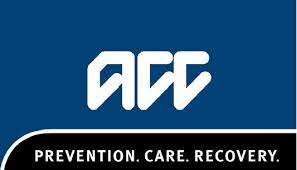
FIRST RESPONDERS
Emergency First Responders work on the front line to help protect the Australian community. They run towards and are faced with dangerous, traumatic and stressful situations. Situations that most people in the general community are not exposed to in a lifetime. Australia-wide there are over 120,000 employees and 240,000 volunteers in the emergency First Responder sector.
We need to look after our emergency First Responders so that they can continue to look after us and our communities. Float Therapy has been shown to effective in managing Anxiety, depression and PTSD in addition to assisting with relaxation and muscle recovery.

PRIVATE HEALTH INSURERS
Private Health Insurance – EXTRAS*
Private Health Insurance has undergone some significant changes in the last decade. Presently Floatation Therapy is covered by only few insurers.
Presently one private health insurer includes Float Therapy: GU Health as an ‘extra’ or under ‘ancillary cover’. They will support a claim if a GP or allied health has made a referral for the Float Therapy as part of your treatment.
Unfortunately, no other companies are covering Floatation Therapy at this time. We would love to hear from you at info@floattherapy.org.au if your insurer does.
Some clients have reported success in claiming Floatation Therapy under the category of ‘natural therapies’ or ‘ancillary cover’. Others will covered float therapy with a referral from a GP or allied health professional (Psychologist, chiropractor, physiotherapist, osteopath, Ob-Gyn) as part of a treatment plan. It is worthwhile having a conversation with your private health insurer about their extras policy regarding Floatation Therapy.
Clinical Studies support the outcomes for Floatation Therapy, check the link to Clinical Floatation for up to date clinical research and benefits of floating.
Get onto your health insurer and tell them you want Float Therapy included in your extras cover. If enough people lobby their insurance company this could change.
*Extras cover is health insurance that pays benefits towards health services i.e dental, optical and physiotherapy etc. The insurance cover partially pays for the service meaning you pay a smaller amount of out-of-pocket costs.

